Review of Bob And Rose (2 disc set)
Introduction
A literal, if not spiritual follow-up to ‘Queer as Folk’ from writer Russell T. Davies. Comedian Alan Davies is out Manc English teacher Bob, frustrated by the shallowness and impermanence of the gay club scene. That is, until he meets Lesley Sharp’s Rose, a lower-middle class office blob strapped into a relationship with a tedious luddite and an infantilized mother. The set-up is pretty clear: two people, at odds with their respective social destinies find a transcendent moment of romance. And indeed they do, but all this illicit pan-sexual passion isn’t without the usual classical-dramatic hurdles: vaguely sinister ‘best friends’ who secretly intend to draw Bob and Rose back to their ordained systems; parental strife and how it elucidates points of friction in their relationship etc. Naturally, it all leads to a break-up, oh-life-isn’t-the-same-without-them ending with a suitably crowd-pleasing denouement.
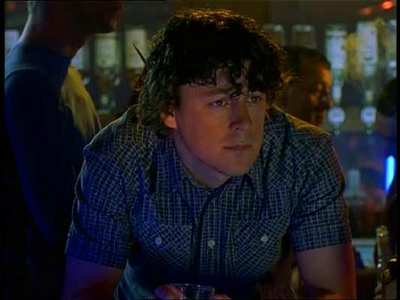
Video
Soft-focus hue all around, but where’s the feckin’ widescreen? As the commentary so annoying reminds us, the show was broadcast in widescreen, so what gives?
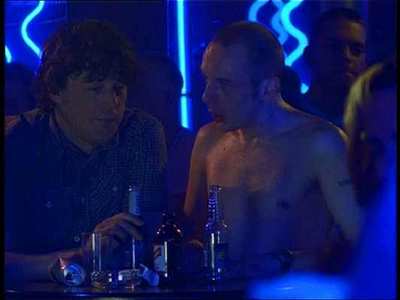
Audio
It may have ‘True Romance’ style xylophone, lullaby-carnival music, but this is no ironic counterpoint: ‘Bob and Rose’s stereo transfer is slick and cheerful, although some of the soundtrack choices have been changed from the broadcast version, presumably for legal reasons.
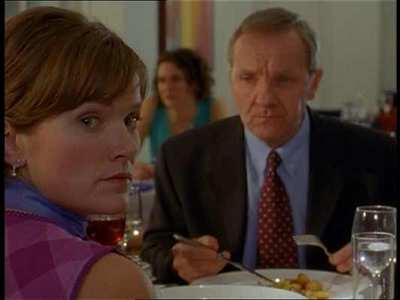
Features
The promise of a commentary proves to be a mixed blessing: for one thing, it is available on only two of the six episodes (one and four) which coincidentally happen to be the two least interesting sections, allowing star Alan Davies and screenwriter Russell T. Davies to fill in the blanks. Also, Davies the latter has a tendency to be repetitive and overly accentuate his effeminate mannerisms (i.e., he says ‘Bless them’ a lot… a LOT.) Whereas Davies the comedian keeps fairly schtum about his involvement, occasionally making the odd wisecrack and show-appraisal to off-set T. Davies’ self-deprecation. There’s also some production notes, animated menus and a good spread of chapter selects.
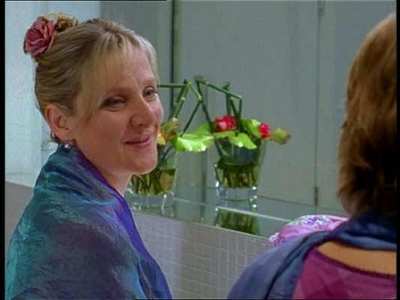
Conclusion
Amazingly, I actually liked this… just. It should be made clear that this is chiefly a triumph of acting over writing, with Russell T. Davies’ structure consisting largely of mechanistic genre padding and little investigation into the true heart of Bob and Rose’s relationship beyond mere surface novelty. He’s one of those writers with a tricky sense of word-play and a playful humor in moments of phosphorous conflict (he combines acute embarrassment with earnest sentiment and warm humor all at once;) but he fails to tackle the complex issues with a sense of their deeper meaning and significance. Unsurprisingly, this makes for engaging, superficial, soap-opera aligned comedy-drama, with hugely compelling supporting characters that manage to stretch beyond broadly defined archetypes: Jessica Stevenson in particular, manages to steal the entire show as Holly, Bob’s simpering, deceitful ‘fag hag’, which cements her position as one of the best comic actresses on television.
Alas, the central coupling is less intriguing, more predictably developed and significantly less genuine: Lesley Sharp and Alan Davies make a cute odd couple, but the writing fails to illustrate with any clarity the central conflict of their relationship. Bob’s attraction to Rose is explicitly driven by his weary reaction to the hedonistic ephemera of mainstream gay culture, so their relationship itself becomes a marginalized symptom of a greater conflict in Bob’s life: his inability to distinguish his adopted cultural status from his intended ‘identity’. It’s interesting that writer Davies (himself a gay man) never resolves the central question of the drama: is Bob’s sexuality transgressed by his relationship with Rose? Or is his sexuality maintained and therefore his conventionally heterosexual role as Rose’s partner labeled as some kind of anomaly?
A successfully self-contained piece of drama this is not (just look at the blazing falsity of the communal-euphoria closing montage), but it is wonderfully performed by all, with exquisite empathy and warmth, managing to make even the most peripheral of characters endearing. Although I may fault it, it is pleasing to see such a queer piece of mainstream entertainment, that, while clearly lacking the punchy aggression of ‘Queer as Folk’ provides the kind of comforting, filtered Happy Meal of diversity even the straightest audience member would enjoy. A very guilty pleasure, but pleasurable all the same.
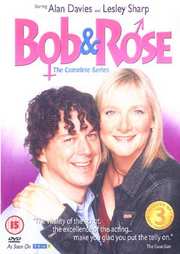
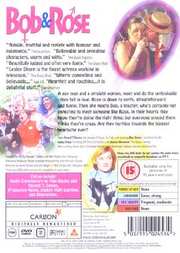




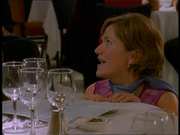
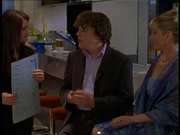
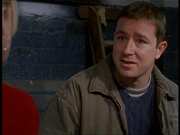
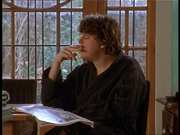
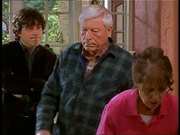
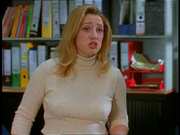
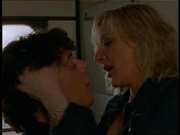
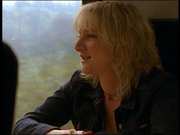
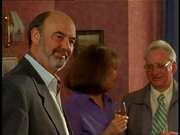
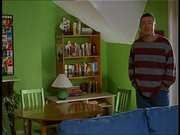
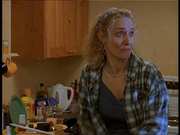
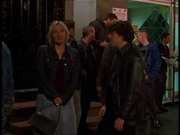
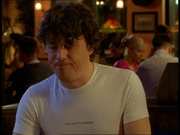
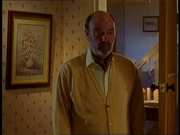
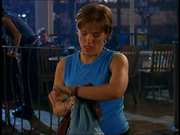
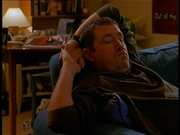
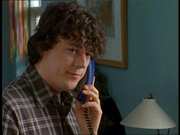
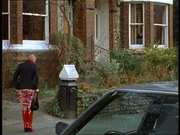
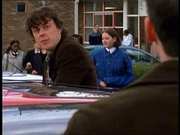
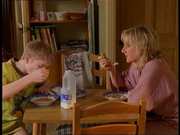
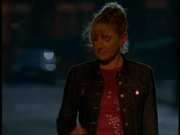
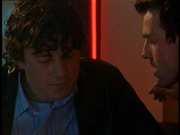
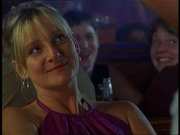
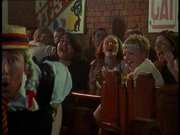
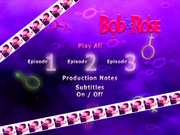
































Your Opinions and Comments
Be the first to post a comment!